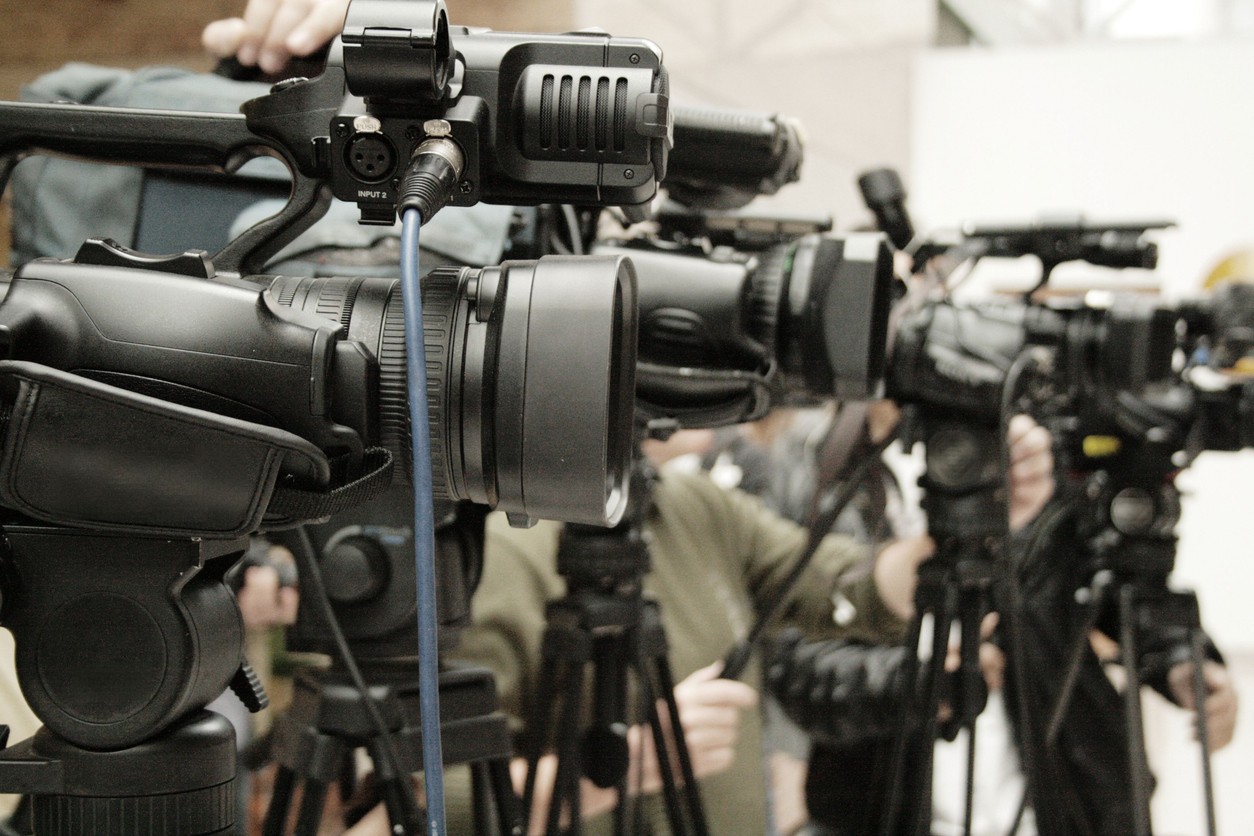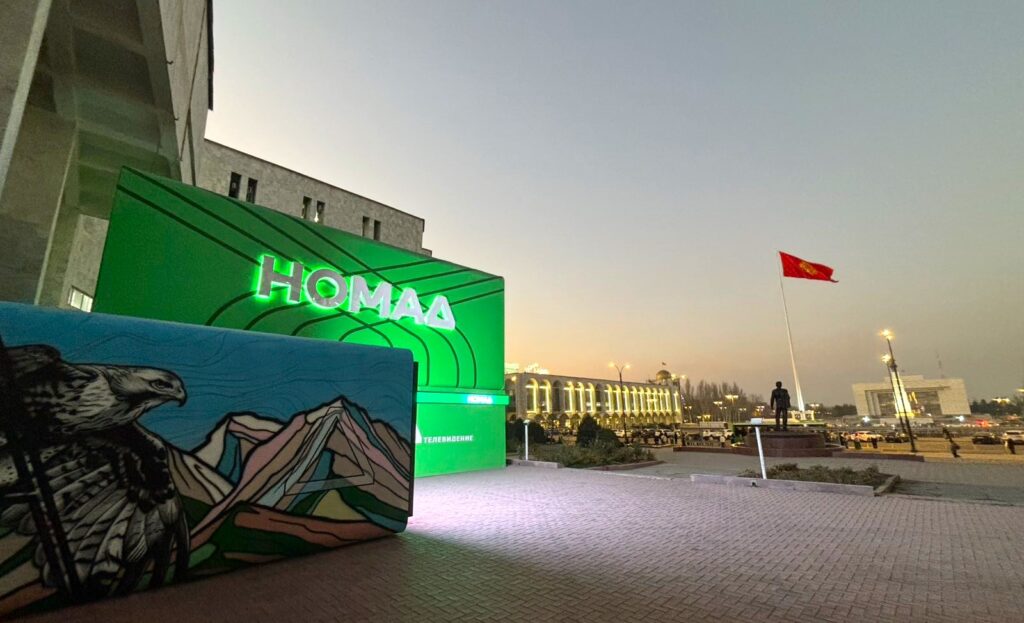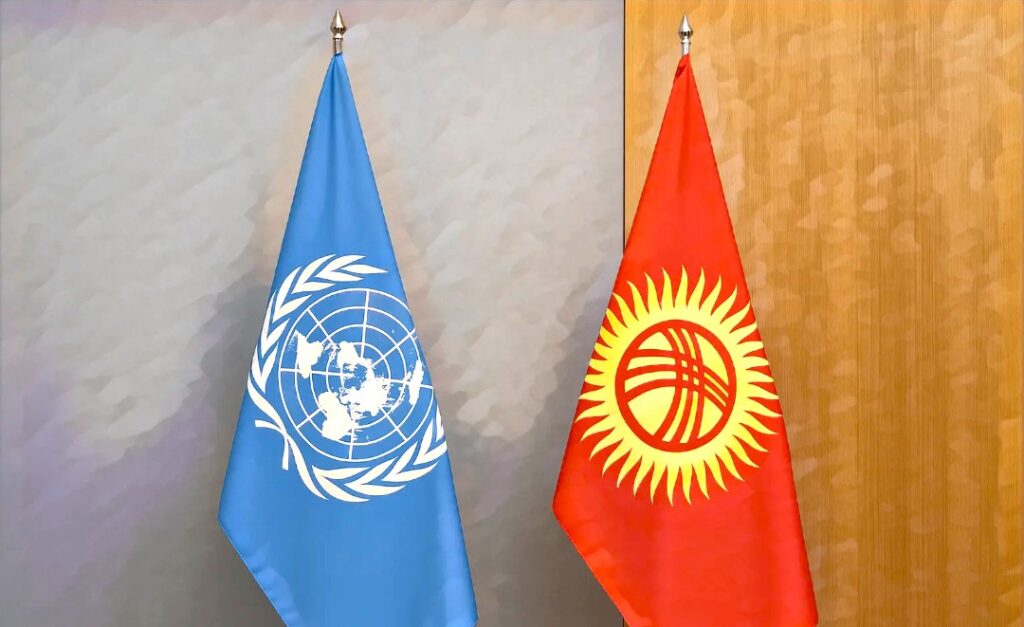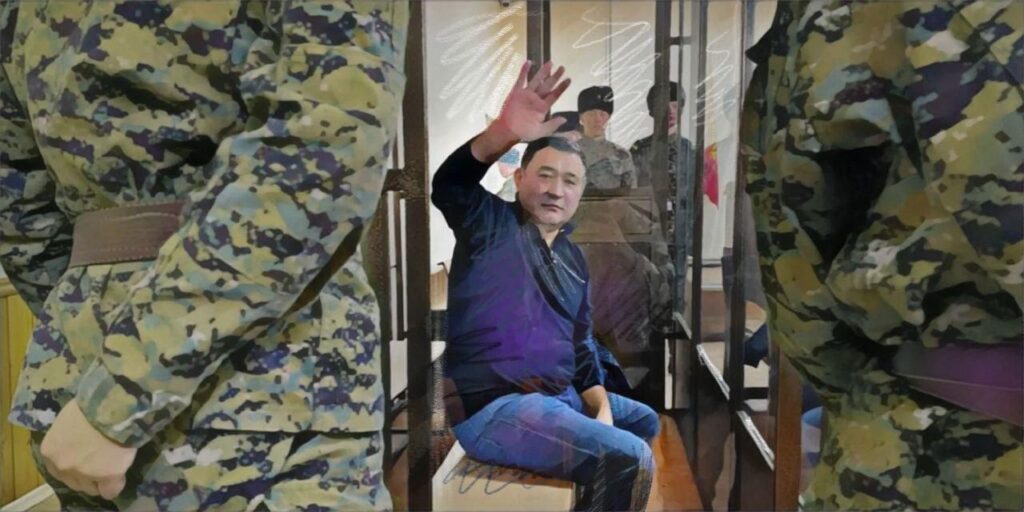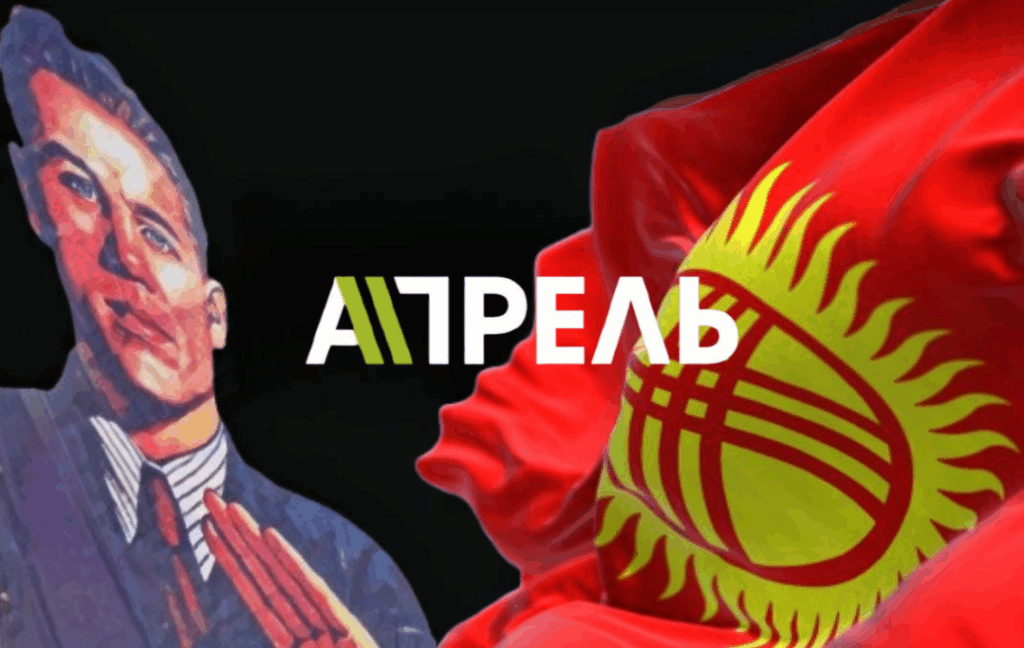The deteriorating situation for journalists and freedom of speech in Tajikistan was discussed at the plenary session of the OSCE Human Dimension Conference in Warsaw on October 2.
Participants, including human rights defenders and civil society representatives, noted that arrests of journalists have become a common practice in the country. Some face harassment even outside Tajikistan.
Gulnoza Said, program coordinator for the Committee to Protect Journalists in Europe and Central Asia, said the situation with human rights and freedom of expression has reached a critical point. She said eight journalists, including Ulfatkhonim Mamadshoeva, Daler Imomali, and Khushruz Dzhumayev, are currently in Tajik prisons. Said also emphasized that the sentences handed down to the journalists are incredibly harsh, ranging from seven to 20 years in prison.
Muhammadjon Kabirov, editor-in-chief of Azda TV, broadcasting from Poland, noted that Tajikistan ranks 155th on the World Freedom of Expression Index, and its authorities have created a hostile environment for the media. Kabirov also recalled the transnational repression directed against journalists abroad. In his speech, he cited the conviction of journalists such as Hikmatullo Sayfullozoda and Abdukahor Davlat, who were sentenced to long prison terms in 2015.
A recent example of pressure on the independent press was the arrest of the editor-in-chief of Pike, Ahmadi Ibrohim, who has been charged with bribery and is awaiting trial.
The conference also raised the issue of Tajik authorities harassing journalists and their relatives to force them to stop their activities. Interestingly, although Tajikistan had previously taken an active part in such discussions, there were no representatives of Tajikistan at this year’s event.
International organizations have repeatedly criticized the situation with freedom of speech in Tajikistan. Organizations such as Amnesty International and Freedom House report the constant harassment of journalists, independent media, and activists. Opposition media outlets are banned in the country, and journalists face arrests and long prison terms on charges that human rights activists call trumped-up.
